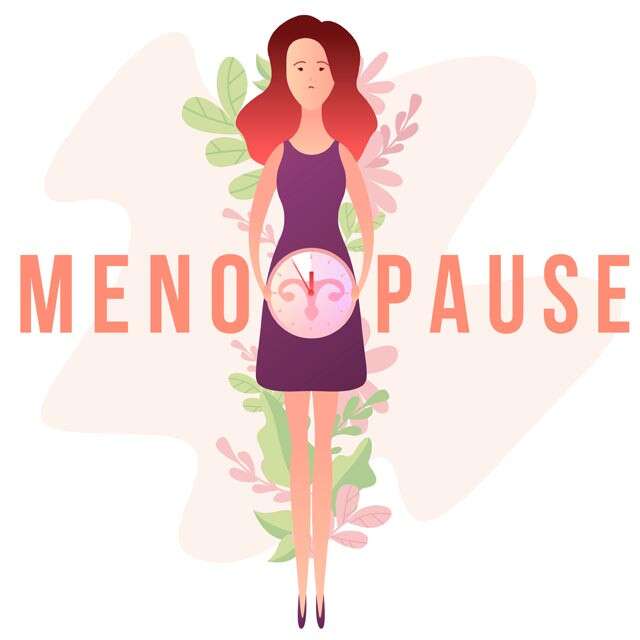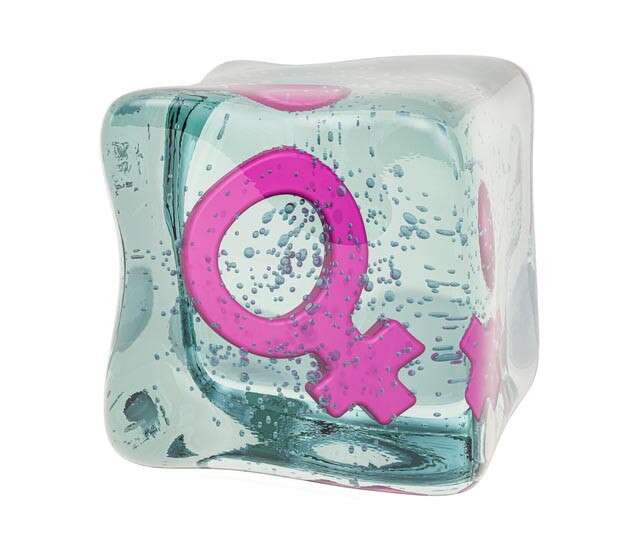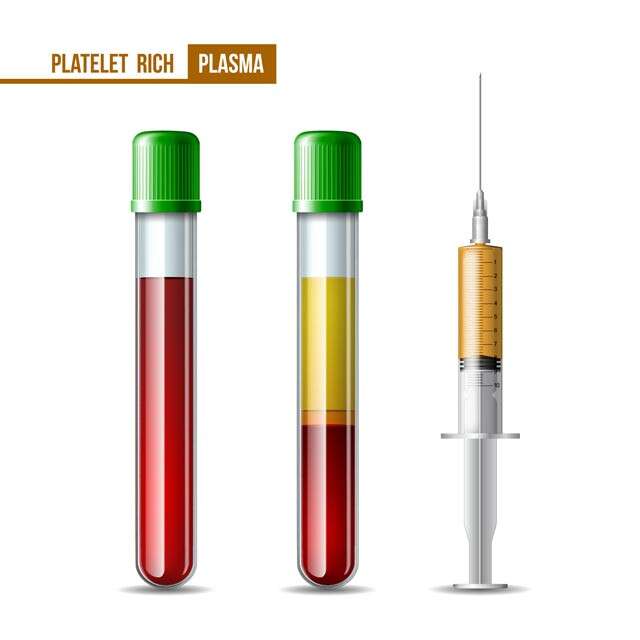
Time-sensitive is an epithet commonly applied when it comes to fertility in women. Doctors have advised that women should start to plan pregnancy before they turn 35 as women’s egg reserves are finite and they don’t grow new eggs. As time goes by, we lose eggs slowly. The best time to conceive is in the 20s and 30s. However, if they can't plan due to education, career opportunities etc., there is the option of planning it right up till the late thirties, says Dr Richa Jagtap, Clinical Director and Consultant Reproductive Medicine, NOVA IVF Fertility, Mumbai. But around 37 years is where the tide turns as fertility drops down very sharply at that age. At 40 years of age, the chances of natural conception remain only five to 10 per cent. Since women’s fertility is finite, they don't have the cells which will produce new eggs in the ovaries and the number of existing eggs is reserved. But, there are options to overcome this biological clock barrier.

Women can conceive after menopause if they have opted to freeze their eggs/embryos in their younger age and wish to use the same to conceive in their later years, Dr Jagtap informs. The other option is to use donor eggs and there has also been a lot of hype in recent years about ovarian rejuvenation. She gives more details about the different options available.
In Vitro Fertilisation (IVF)
It is advised to always go with evidence-based research when it comes to recommending for treatment and for fertility treatment In vitro fertilisation (IVF) is the best, most efficient approach to achieve a pregnancy earlier rather than later. However, the success of IVF depends on the age and egg reserve of the woman. Doctors always recommend that women should not wait till they reach the age where they have depleted their eggs to use ‘fresh eggs’. IVF can be done with eggs that have been frozen before.

Image: Shutterstock
Egg Freezing
The other way to preserve women’s fertility is by cryopreservation or embryo/egg freezing. This ensures that the eggs/ embryos are made and frozen at a younger age, for use later when a woman is ready for parenthood.
Donor Egg Programme
For women who have very few eggs left, those who have failed to achieve pregnancy with their own eggs and for menopausal women the right documented treatment currently is donor egg IVF. Here an egg from a well-investigated healthy young woman is used to fertilise with the husband’s sperm and the resultant embryo is replaced in the intending mother’s womb at an opportune time.

Image: Shutterstock
Ovarian Rejuvenation
Currently, a lot of research is ongoing in the field of ovarian rejuvenation. Many contender methods have been studied like stem cells, (in animal models) and Intra-ovarian injection of Platelet Rich Plasma (PRP). PRP is a concentrated blood product that contains a high percentage of platelets and is rich in many growth factors. PRP has been extensively used in cosmetology and sports medicine.
The PRP-devised procedure for ovarian rejuvenation first showed some success in 2016. Since then, there have been small isolated, anecdotal clinical reports on the success of this process. The media is flooded with a multitude of clinic advertisements for this devised procedure.
What we need to know is that there hasn't been any standardised trial on the effectiveness and the mechanism of use of PRP. While the PRP-devised procedure is extensively used in dermatology and in sports medicine, there aren’t many well-studied experiences in the fertility segment. We need a robust trial, which tells us the accuracy of this devised procedure and how it works, and then it can be offered or recommended to the patients with the assurance that it really helps.
Experts feel that PRP is still considered experimental and at the forefront of fertility treatment innovation, but it should not yet be offered widely at all fertility clinics. PRP is still in the zone of off-label use, and it is important to collaborate the effectiveness and usefulness with more information about its effect on the growing fetus before we rely on ovarian rejuvenation as the answer to the ticking biological clock.
Also Read: When To Have A Baby Is Your Choice, And A Doctor Agrees